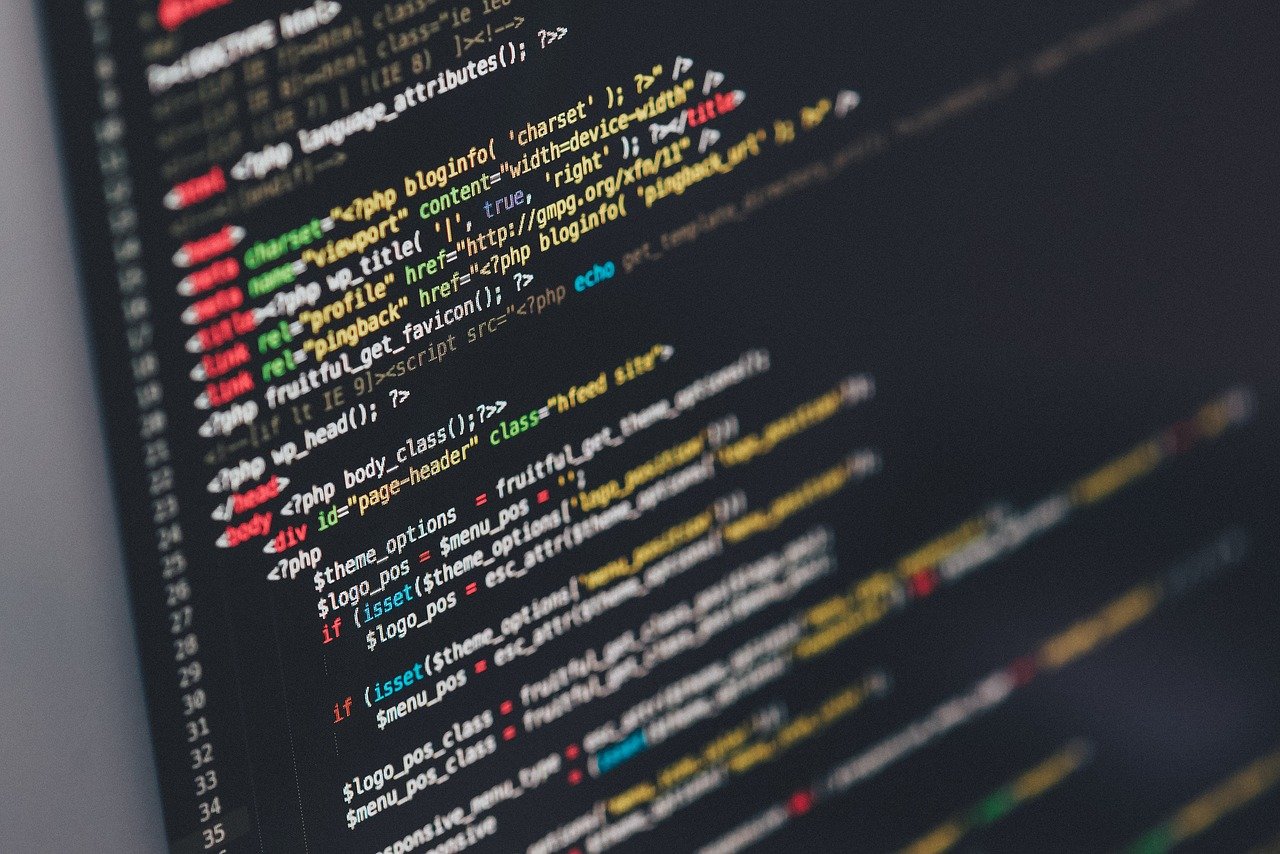The Definition of Database

A direction system (DBMS) extracts information from the database in response to queries.
A brief treatment of databases follows. For entireness, see computer science: Information systems and databases; science. The information in these files is additionally counteracted into records, each of which consists of 1 or more fields. Records are organized into tables that include information about relationships between their various fields.
The many users of an oversized database must be able to manipulate the knowledge within it quickly at any given time. Several different types of DBMS are developed to support these requirements: flat, hierarchical, network, relational, and object-oriented.
Small databases are often maintained on personal-computer systems and employed by individuals reception. These and greater databases became increasingly important invocation, partially because they’re now commonly designed to be integrated with other office software, including spreadsheet programs. Reference databases contain bibliographies or indexes that function as guides to things of information in books, periodicals, and other published literature.





